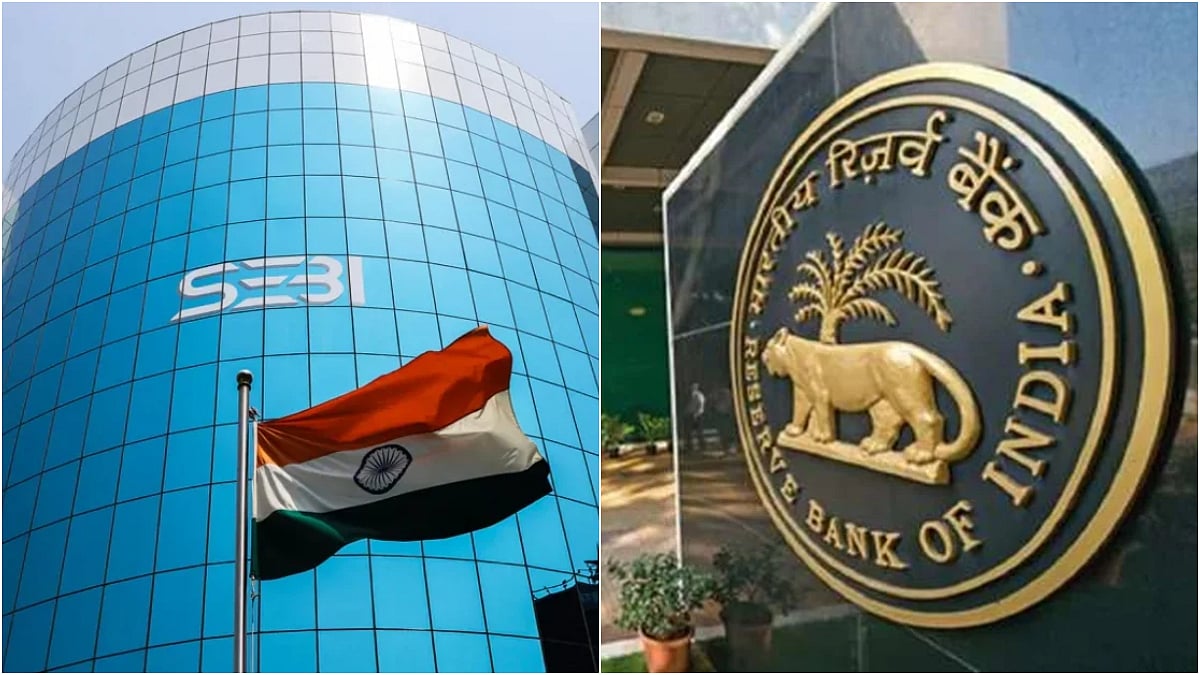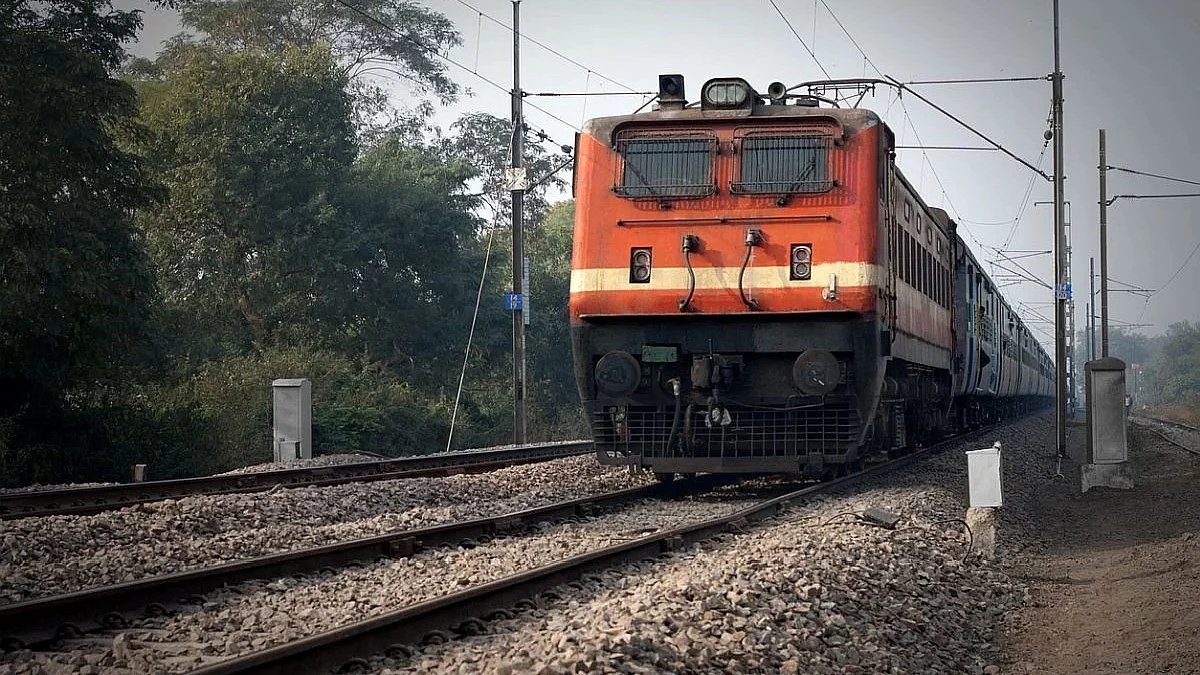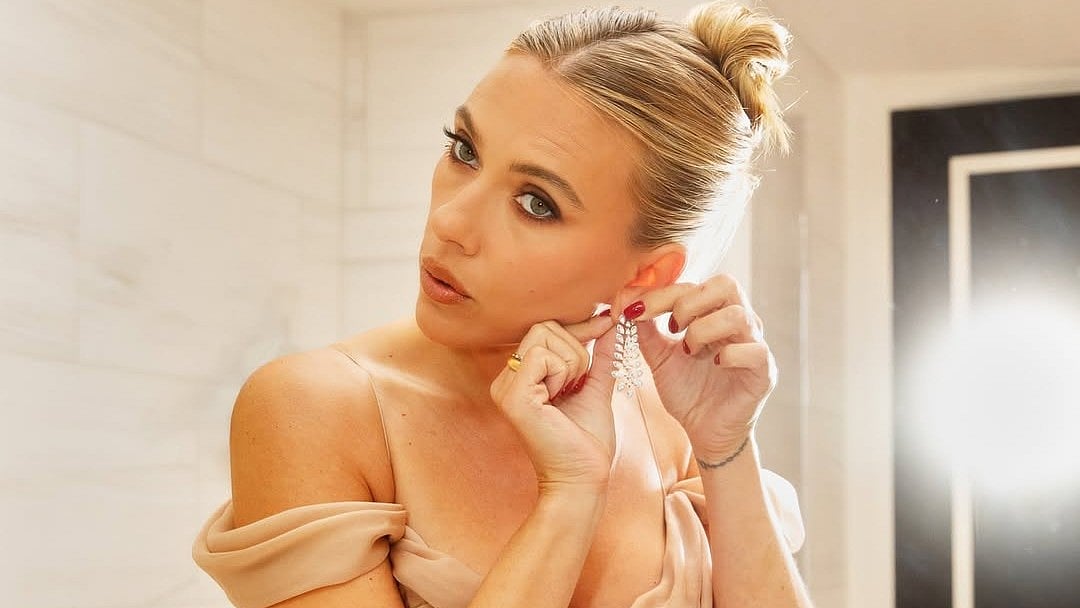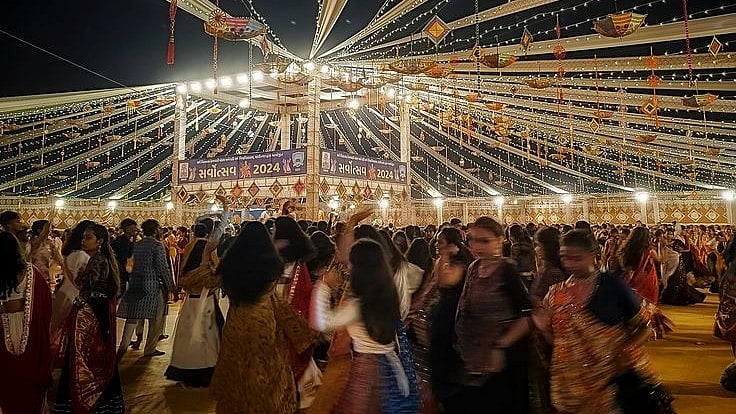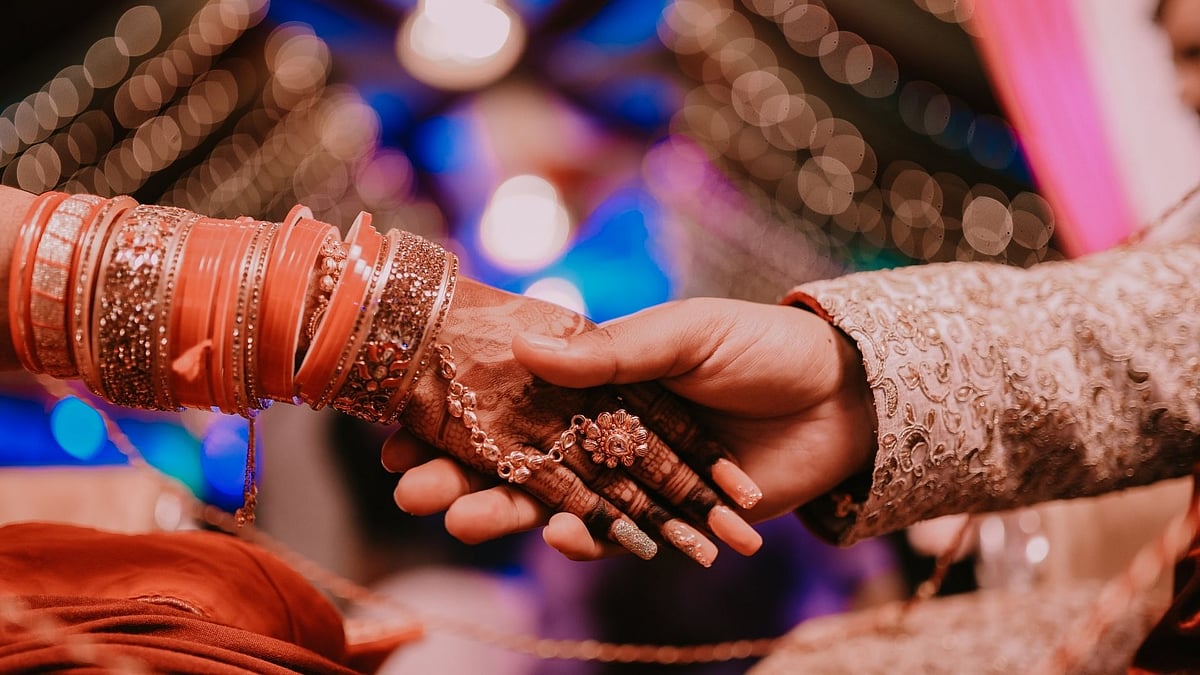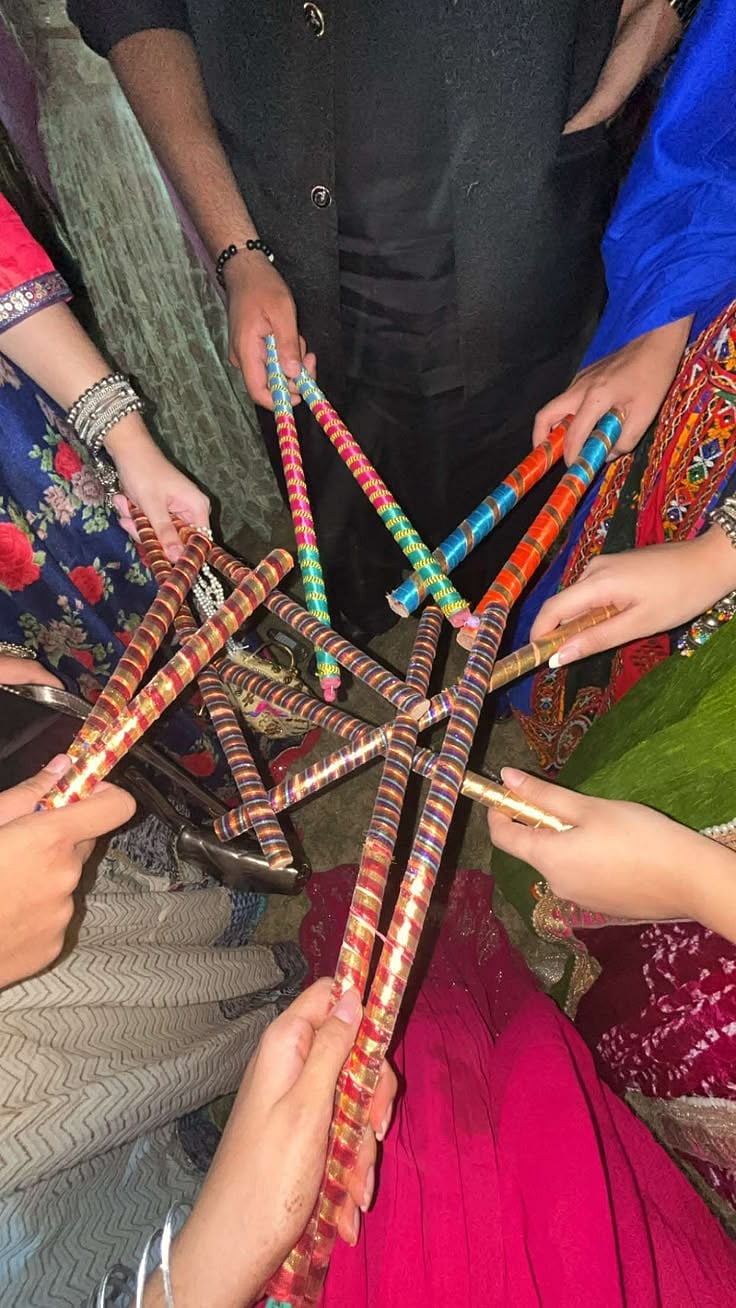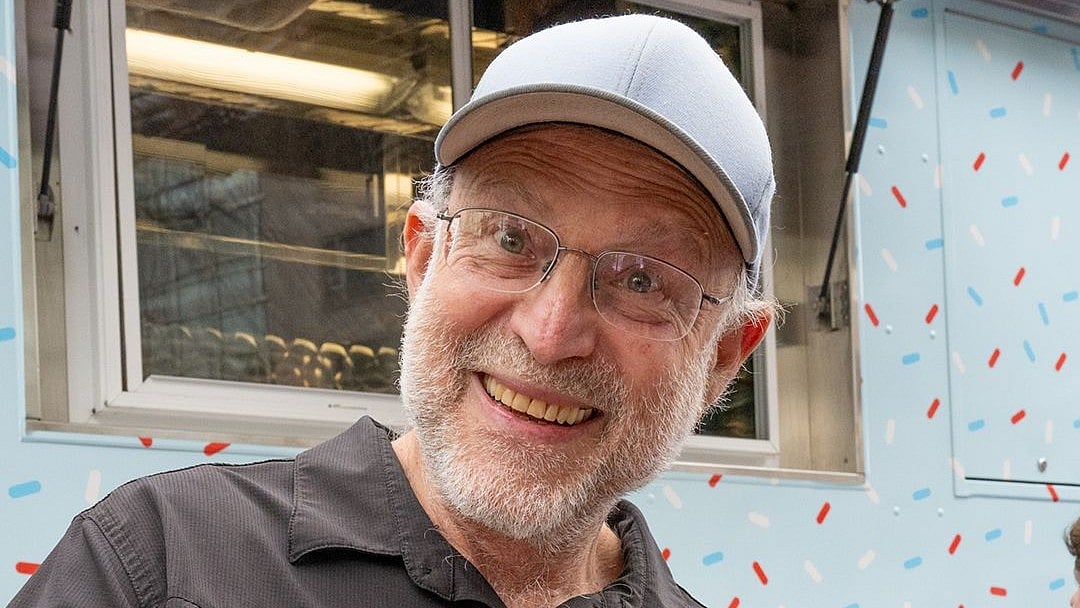Contemporary actors like Ayushmann Khurrana, Rajkummar Rao and Manoj Bajpayee who have won raves playing gay characters onscreen are standing on the shoulders of pioneering filmmakers like Sridhar Rangayan and Saagar Gupta who have been making gay-themed films in India for 20 years now. They are also the founder members of the Kashish Pride film festival which is now in its 16th year.
In an interview with The Free Press Journal, the real-life partners talk about their latest Hindi movie, Kuch Sapney Apne, about a queer couple and their dynamics with family members, which is releasing on February 21, 2025.
Excerpts from the interview:
You have made the Valentine period more inclusive by releasing your gay love story Kuch Sapney Apne...
Sridhar: Why should Valentine’s Day be only for girls and boys? It should be for boys and boys also. Our film is about the romance between a gay couple. It has a beautiful song ‘Tu sun zara’ sung by Shashwat Singh and Sushant Divgikar, aka Rani KoHEnur, and we want it to be a gay anthem. Hence, we released the song on Valentine’s Day.
While writing and directing the movie, what did the two of you set out to say about gay love?
Sridhar: We feel that love should be treated as love — not given the label ‘gay love’ or ‘heterosexual love’. Love is love, and everyone in society should respect it. That’s why the film also talks about marriage equality, that gay men and lesbian women should be allowed to marry. We hope that someday it will happen in India, and Saagar and I can marry too.
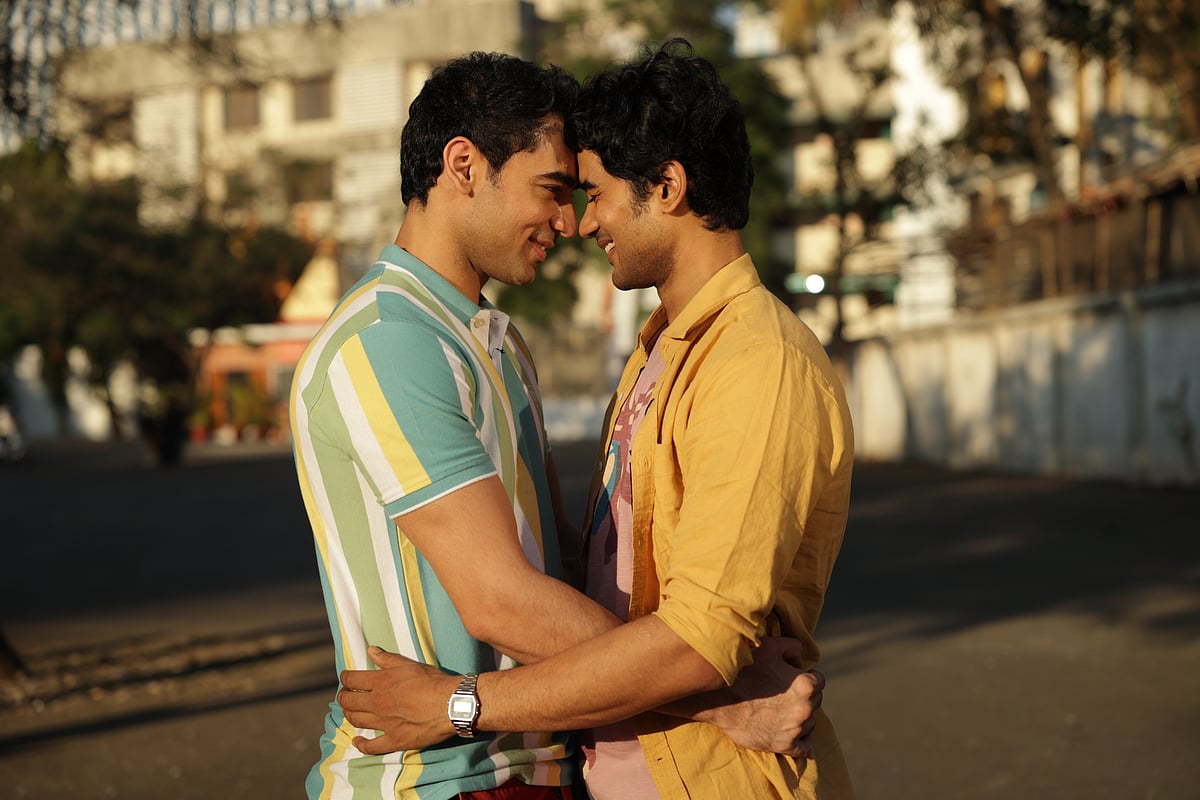
As two of the pioneers of LGBTQIA+-themed filmmaking in India, how do you look back on your journey so far?
Sridhar: I was brought up in a small town in south India. After graduating from IIT, I was bitten by the film bug so I joined Sai Paranjpye as an assistant director. Later, I started my own production company and made episodes for Rishtay and Gubbare on Zee TV. Being a gay man, I wanted to tell my own story. But when I pitched a concept, they said it’s not for family audiences. Saagar and I were together by then, and we felt that on TV there was no space for our stories. So, in 2001 we started our film production company, Solaris.
Saagar: I graduated from Institute of Hotel Management in Lucknow but landed up in Mumbai because it was my dream to start telling my stories through films. I joined Kalpana Lajmi and Sai Paranjpye after I met Sridhar.
And how did you two find each other?
Sridhar: We passed each other on the road... it’s as basic as that. It like the song Raah mein unse mulaqat ho gayee. I don’t know this person. He doesn’t know me. We like each other. So I go up and say, ‘Hello, you have time for a coffee?’ When I met Saagar in 1994, we thought it would be a one-night stand but we have been together for 30 years now. His poetry and his ability to paint attracted me. We moved in together very soon because my family stays in South India, his family was in North India. We are like chalk and cheese: I am very vocal, and he is quieter and more meticulous. Despite the differences, what has kept us together is our love... and also that we could create our own films. Our debut film Gulabi Aaina (2002) was banned by the Censor board. Then we made four more films. Evening Shadows (2018) put us in the limelight because it went to 82 film festivals, and won 27 awards. It was on Netflix for three years. Now we have made our dream film, Kuch Sapney Apne as a sequel to Evening Shadows but it can be viewed as an independent film also.
Saagar: In a very organic way. In those pre-internet days, we actually happened to meet on the streets, which in our community language is called ‘cruising’.
Kuch Sapney Apne explores the extreme reactions to coming out of the closet. Is it more traumatic to come out or to stay in the closet?
Sridhar: I came out in the 1990s when it was rare. It was very challenging because both society and family wants you to lead a double life. The pressure to get married was huge. I looked in the mirror and said, ‘I’m gay and I accept it.’ That was liberating.
Saagar: It can be traumatic both ways — when you are in the closet, you are struggling with yourself to be comfortable with your sexual preferences. When you come out, you are struggling with society and your peers. But if you are comfortable within yourself, then the struggle become easier. Because at least you are sure that this is how I want to live my life like and I am ready to face the world.
In the film, you have avoided depicting anything overtly sensual. Was that a creative choice?
Sridhar: The Censors are very strict. We had a bit of sexual tension between the protagonist and the Swedish man… nothing explicit, but the Censor Board asked us to cut it to half.
Your story integrates a strong mother. Do you see struggles of women as a parallel to the gay movement?
Sridhar: We are feminists and believe that women’s rights have to be in the centre of all struggles.
As founder-members of Kashish Pride Film Festival, what was the intention when you started?
Sridhar: In 2009, Section 377 was overturned and we got the courage to plan a LGBTQIA+ Film Festival. The first edition was in 2010. PVR Cinema didn’t want to give the theatre because they were scared. But we convinced them, and everybody came! Almost 30% of the audience were non-LGBTQIA+ — parents, friends, allies.
Saagar: In the very first year, there were spiral queues at Juhu PVR. When people watch these beautiful stories, somewhere it can change their thinking process.
Would a top film star coming out of the closet hasten this change in thinking?
Sridhar: It would help if some celebrity comes out of the closet, but no celebrity is coming forward. I know of old celebrities who didn’t come out till they died.
The couple in your film considers breaking up after seven years. In 30 years, have you ever thought of separating?
Sridhar: Never. Our families too have accepted us. Saagar is the perfect soulmate for me and I am going to be with him forever.
Saagar: Likewise.


